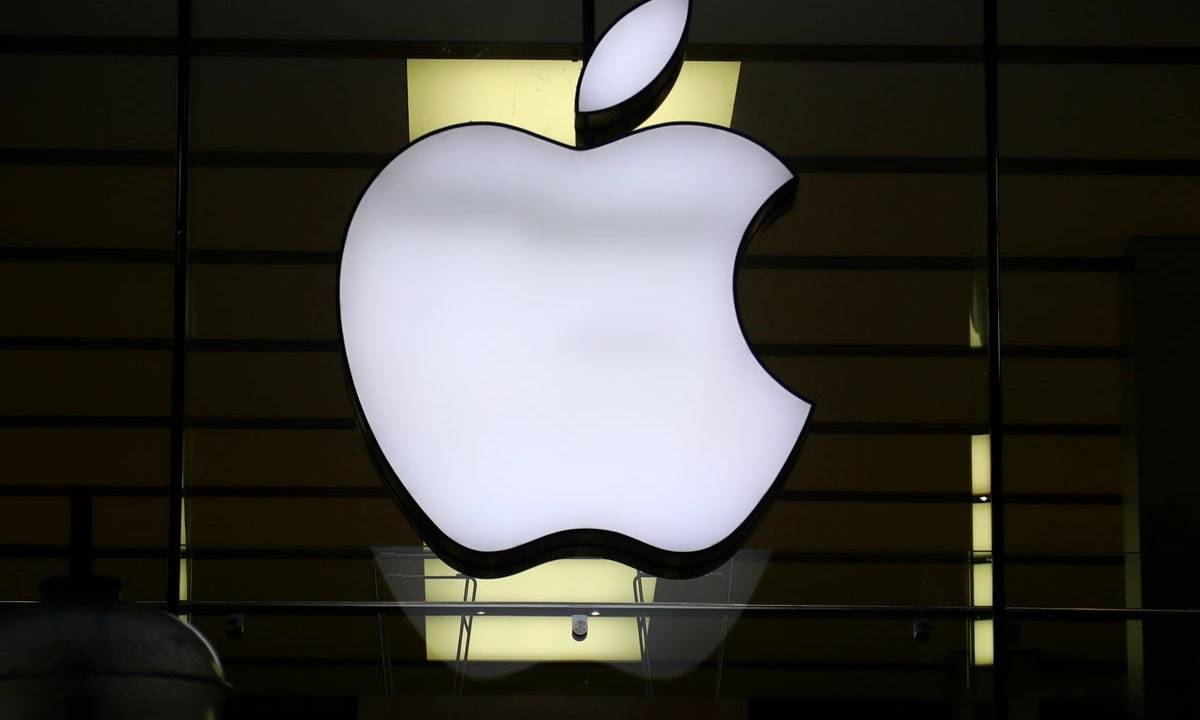Apple Faces £3 Billion Lawsuit Over iCloud Service Monopoly in the UK
Consumer group Which? has launched a £3 billion lawsuit against Apple over its iCloud service, claiming the tech giant has breached competition law. According to Which?, Apple pressures users to subscribe to iCloud for data storage, making it harder for alternative services to compete.
Claim of ‘Forced’ iCloud Use
Which? argues that Apple’s dominance limits users’ freedom to choose other cloud storage options. While iCloud offers 5GB of free storage, users must pay for more space once they reach that limit. Which? claims this creates a dependency on iCloud while preventing customers from storing data with third-party services.
Alleged Overcharging and Competition Stifling
The consumer group alleges Apple overcharges iCloud users due to its monopoly in the market. It claims that Apple’s market power prevents new competitors from emerging, leading to high prices and limited options for consumers.
Compensation for Affected Users
Which? estimates that around 40 million UK users have used iCloud since October 1, 2015. The group seeks an average compensation of £70 per customer, depending on how long each user has been paying for iCloud.
Demand for Fair Access to Alternatives
Which? is encouraging Apple to settle the claim by refunding affected customers and allowing more choice for cloud storage on iOS. Anabel Hoult, CEO of Which?, said, “We want to ensure fair treatment for consumers, and a more competitive market. Large corporations shouldn’t take advantage of UK consumers without facing consequences.”
Next Steps
The Competition Appeal Tribunal is reviewing the case, while Which? awaits Apple’s response. The group hopes that this claim will deter other tech companies from similar practices and promote better consumer rights and market competition.
Apple has been contacted for comment on the lawsuit.











